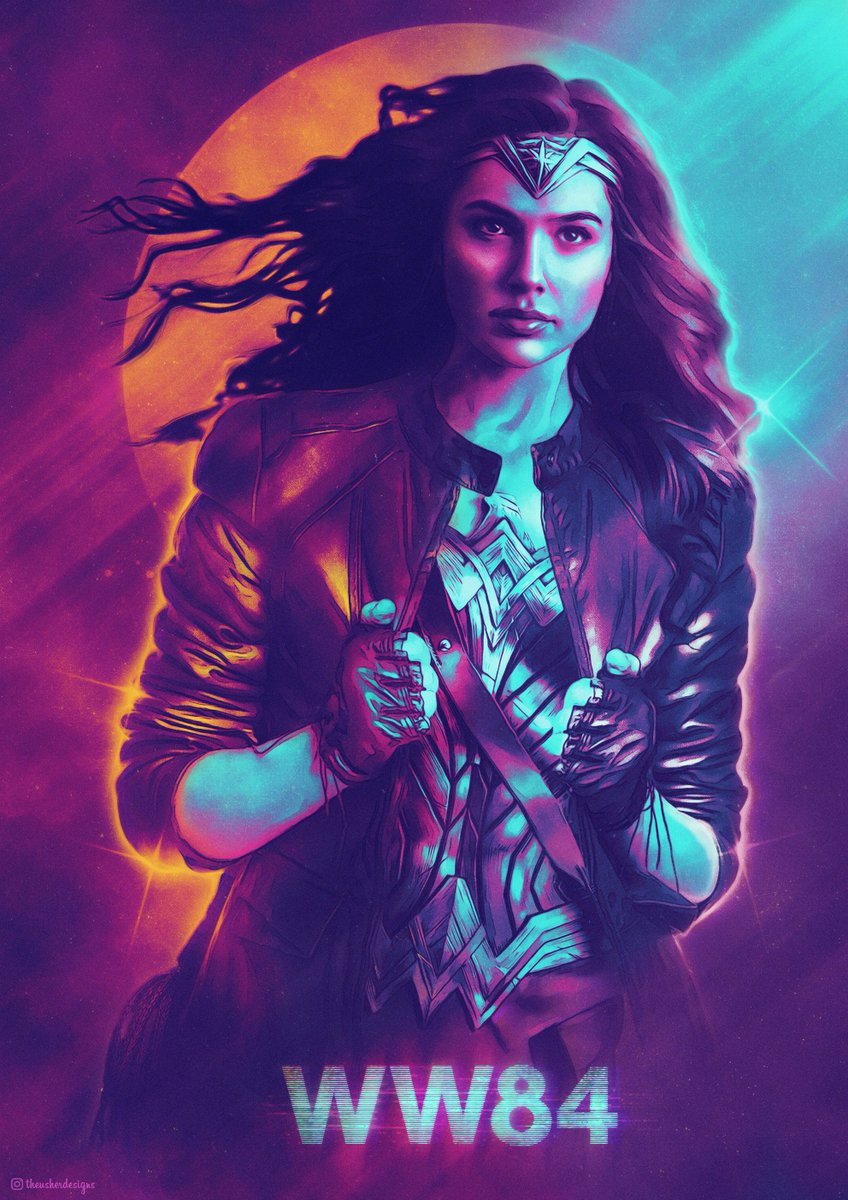They probably should have just done The Killing Joke as a short film and not bothered with the earlier filler.
Bumblebee looks less stupid than the previous Transformers movies but I think the Michael Bay movies have kinda poisoned that well for now. Similarly, Aquaman may struggle a bit to wash away the Justice League stink.
I think Spider-Man: Into the Spider-Verse will do OK but I don't think it will be anywhere near what its live-action counterparts have done. Still, I'm pulling for it if only so we can get a Spider-Gwen follow-up.
I'm not sure about Mortal Engines. The trailer keeps switching between looking cool and ridiculous. And I'm not sure how much I'd bank on an adaptation of a YA series that I haven't even peripherally heard of prior to this (and I was working at a bookstore at the time the 3rd & 4th novels came out, apparently).
I think Mary Poppins Returns will be the big box office juggernaut for the latter half of the year. It's got the triple threat of name recognition, Disney branding, and being the rare studio tent-pole that isn't an action movie.
So apparently Aquaman is opening up around the same time as Spider-Man: Into the Spider-Verse, Transformers: Bumblebee, Mortal Engines, and Mary Poppins Returns. There definitely isn't room for all those films to succeed. Though another flop for the DCEU after JL can't be good.
Cheering for Spider-man and Bumblebee though.
Bumblebee looks less stupid than the previous Transformers movies but I think the Michael Bay movies have kinda poisoned that well for now. Similarly, Aquaman may struggle a bit to wash away the Justice League stink.
I think Spider-Man: Into the Spider-Verse will do OK but I don't think it will be anywhere near what its live-action counterparts have done. Still, I'm pulling for it if only so we can get a Spider-Gwen follow-up.

I'm not sure about Mortal Engines. The trailer keeps switching between looking cool and ridiculous. And I'm not sure how much I'd bank on an adaptation of a YA series that I haven't even peripherally heard of prior to this (and I was working at a bookstore at the time the 3rd & 4th novels came out, apparently).
I think Mary Poppins Returns will be the big box office juggernaut for the latter half of the year. It's got the triple threat of name recognition, Disney branding, and being the rare studio tent-pole that isn't an action movie.



